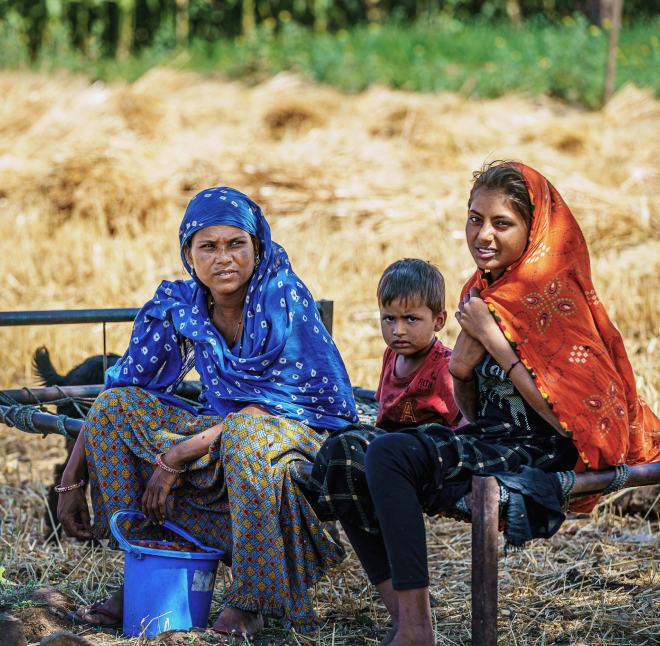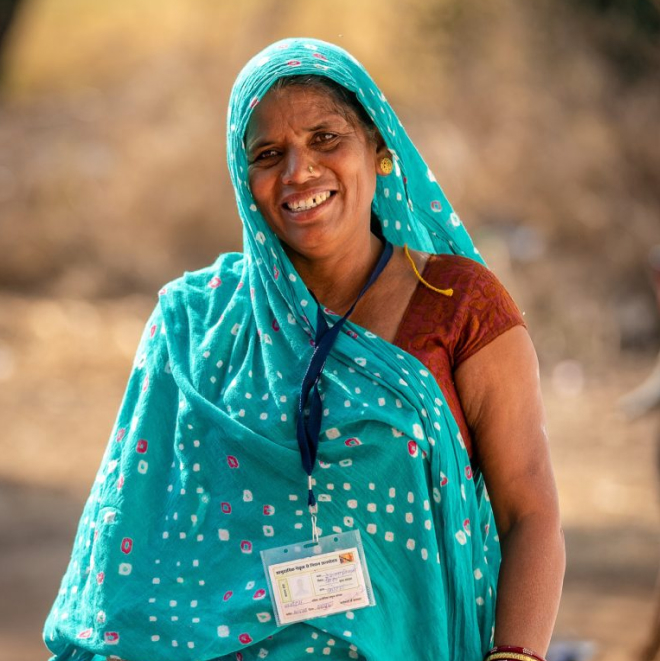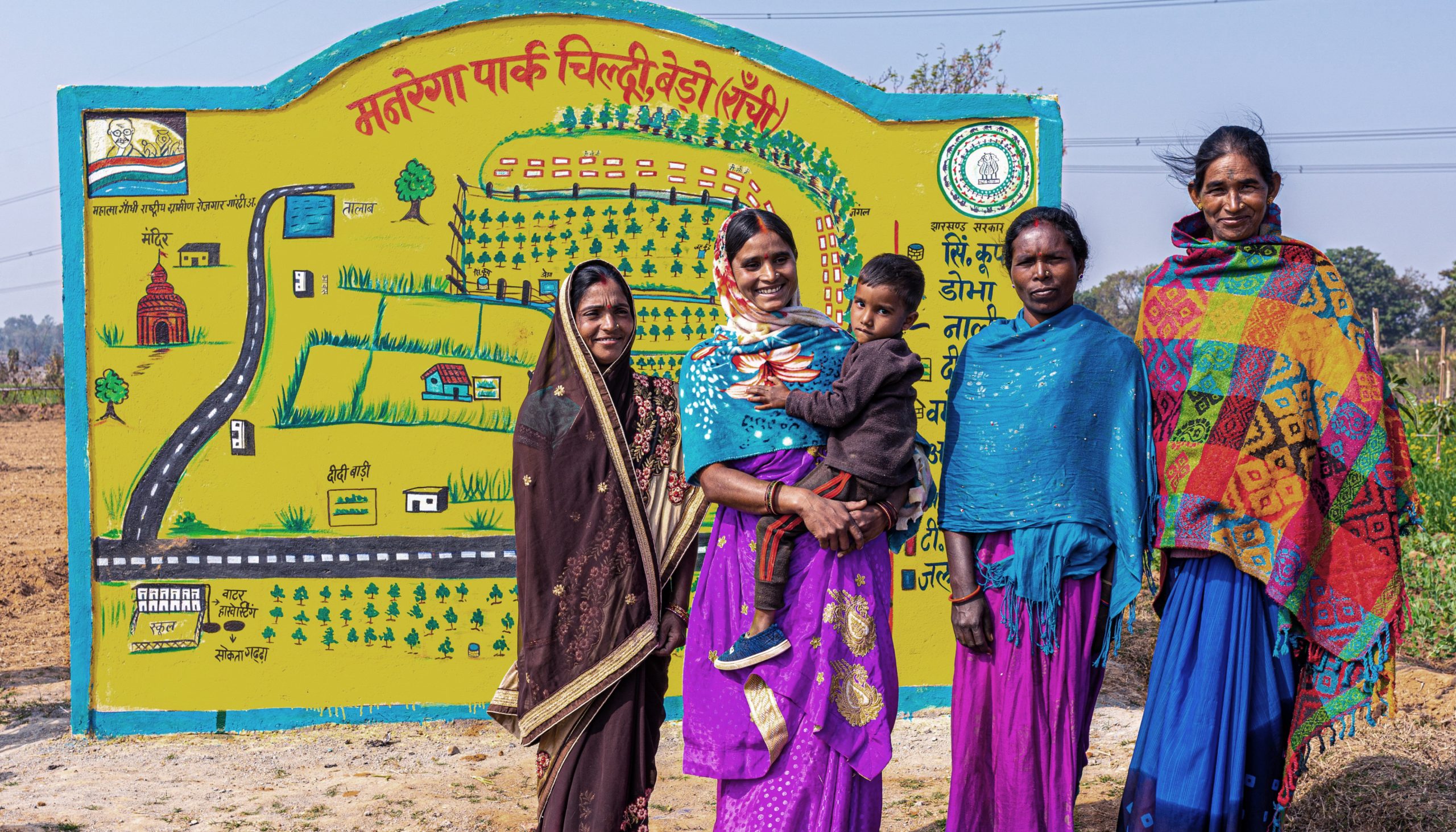TRI believes that gender equality and equity is imperative if women are to improve their quality of life. Economic, social and political empowerment are a must. That is why we strive to create gender sensitivity and responsiveness at both the programmatic and organisational levels through our framework, policies, attitude and behaviour

By bringing together practitioners, academics and policy makers, the aim is to translate evidence gathered from the field into policy. The focus is on engendering public sector programs and incorporating them into planning and budgeting.

Vashni is a part of a self-help group in her village in Madhya Pradesh. As part of a government program to encourage livelihoods, TRI was able to help her get black hens, which are of high value in the poultry industry. Demand for the local black breed, Kadaknath, has surged in recent years as it’s valued for its low-fat, high protein content as well as its medicinal properties.
Vashni Dalia Bamaniya, Sutrati village

Reach us at
TRI Square,
43 Community Centre Zamrudpur,
Kailash Colony Extension,
Behind Hanuman Mandir,
New Delhi,
Delhi 110048
+91 11 43068096